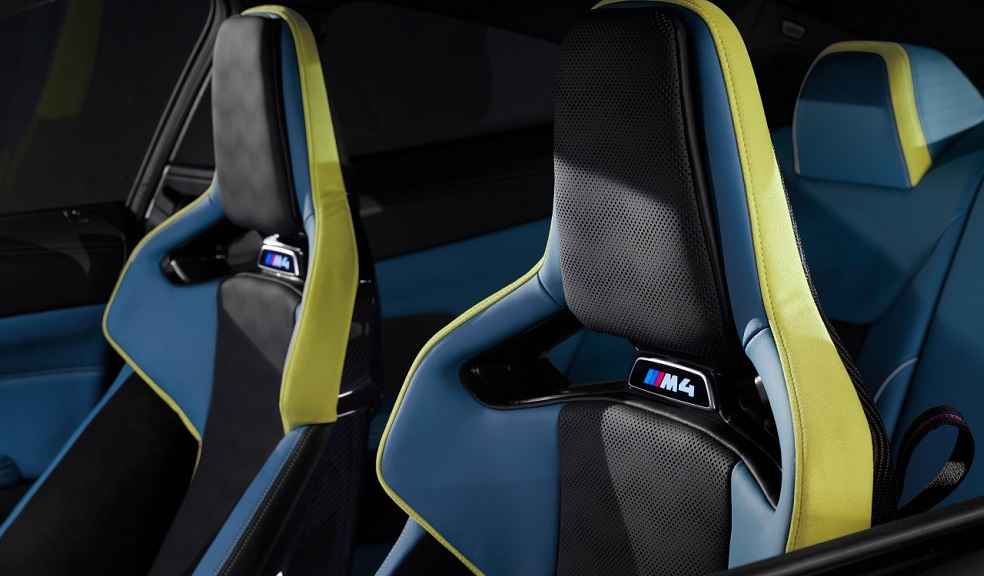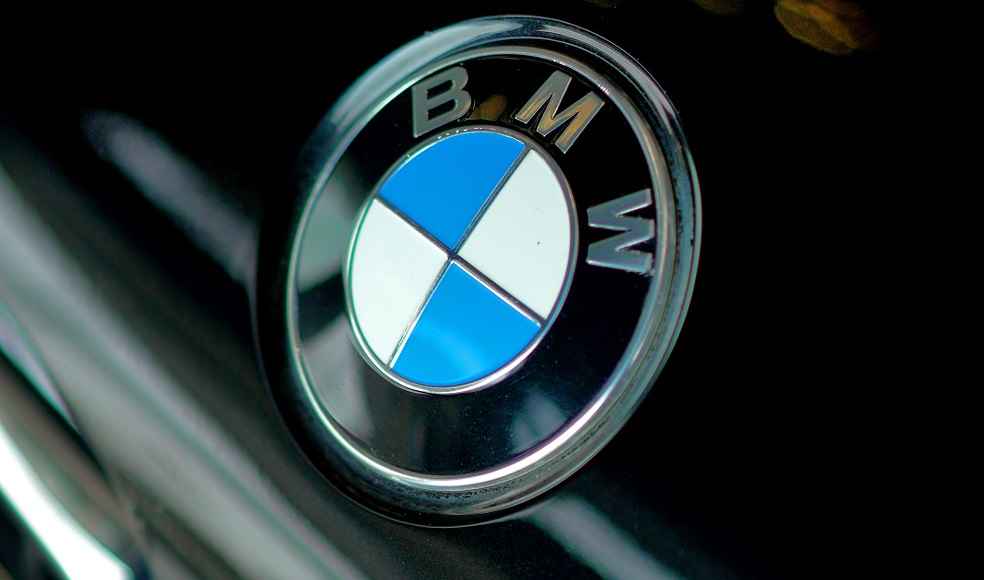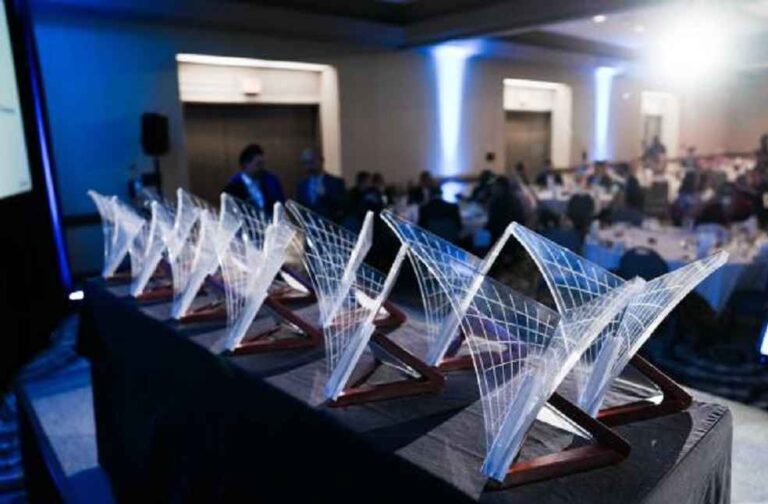BMW Group has secured the prestigious Enlighten Award in the Sustainable Process category at the 2024 Center for Automotive Research Seminar. Altair recognized BMW for its groundbreaking advancements in lightweight construction and sustainability, showcasing the automaker’s commitment to reducing carbon emissions and embracing a circular economy.
The award-winning BMW M Visionary Materials Seat stands as a testament to BMW’s forward-thinking approach to automotive interiors. This design, a collaborative effort between BMW M GmbH, BMW Group Designworks, and key industry partners, represents the future of automotive sustainability. Prioritizing plant-based materials and high recyclability, the seat design delivers a significant reduction in environmental impact throughout its lifecycle.

A defining feature of the BMW M Visionary Materials Seat is its dramatic 90 percent reduction in carbon footprint compared to a conventional BMW M carbon bucket seat. This achievement is attributed to the strategic use of ultra-light, robotically-wound fiber composites, natural fibers, leather alternatives, and algae-based polymers. These materials are meticulously selected for their minimal environmental impact and exceptional recycling potential.
The project embodies a holistic sustainability approach, with lifecycle assessments (LCA) conducted at every development stage. The minimalist design, which leaves the lightweight seat structure visible, serves as a functional and aesthetic statement, reducing material usage while highlighting the core components.
Falco Hollmann, Innovation Manager for Lightweight Design & Sustainability at BMW M GmbH, emphasized the project’s significance, stating, “We are showing today what will be possible tomorrow with existing technologies and materials in order to take our efforts to reduce emissions and conserve resources to the next level. This is about more than just substituting materials; it is above all about designing for circularity.”

Innovative additive manufacturing processes introduced in this project eliminated the need for support structures, chemical post-treatment, and finishing, further decreasing energy consumption and resource use. This approach not only enhances the seat’s sustainability but also sets a new benchmark for future automotive manufacturing processes.
Roberto Rossetti, Head of Development Total Vehicle-Lifecycle at the BMW Group, underscored the lessons learned from the project, noting, “The data obtained provides new insights, both in terms of today’s negative contributing factors and the design of tomorrow’s processes. This experience provides a solid foundation for continuously improving sustainability and developing innovative solutions for forward-thinking mobility.”
OBSERVATION | Lamborghini Eyes Rapid Growth in India with Young Buyers, New Roads





